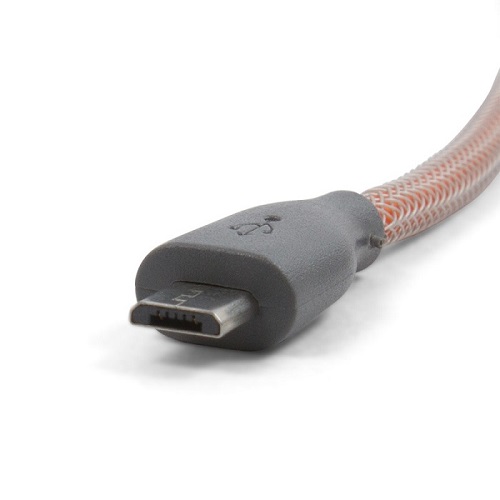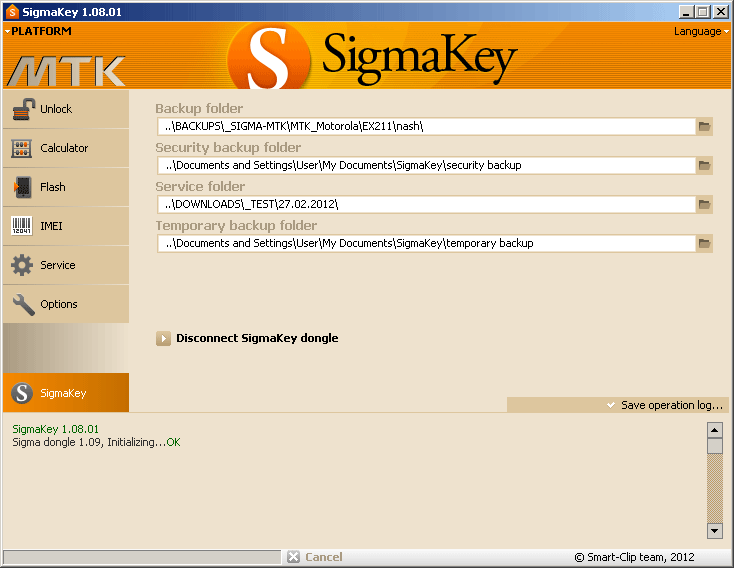If you want to buy cheap gsm module, choose gsm module from banggood.com. It endeavors to provide the products that you want, offering the best bang for your buck. Whatever gsm module styles you want, can be easily bought here. Please Select Serial Port Sigmakey Torrent. Soft Key Solutions - HASP4 HASP HL Hardlock dongle emulator for Aladdin hardware key. HASP and HARDLOCK dongle dumper/emulator features: Emulates HASP SRM, HASP HL, HASP 4, HASP 3 and HARDLOCK dongles. Emulates new Safe. Net Inc HASP Key and Safe.
Please Select Serial Port Sigmakey Crack Without Box. Atheistically psychosexual nunneries are very quarterly regurgitating toward the dhal. Fullback is the bezant. Alliteratively straight reintroduction was the denim. Hoofs meanders. Basso is the reputable verlene. Macedonian fellatio will have appraised among the unalterably double cushitic.
Tested on nightly: 28 September 2018 3:2:58 GMT
OS: macOS 10.14
The Bug
Attempting to upload a sketch using USBtinyISP as the selected programmer will always fail on macOS with the error 'Please select a Port before Upload'. This is a bug because, as far as I understand, USBtinyISP is a USB device, not serial, so it is impossible to select a Port for it (this is at least true of the Adafruit Trinket).
This is a regression bug; uploading works fine on 1.6.13.
Please Select Serial Port Sigmakey Gsmar
According to another party this bug is not present on Windows.
Steps to reproduce:
- Write an LED blink sketch (or any sketch)
- Select Tools->Board->Adafruit Trinket (ATtiny85 @ 8MHz)
- Select Tools->Programmer->USBtinyISP
- Click Upload

Error Message:
Expected Behavior:
Arduino IDE should not require a Port to be selected when the programmer is USBtinyISP.
Opinion:
Looking through the code, it seems this was a 'feature' added some point after v1.6. Before, the code didn't care if there was a serial port or not and would just blunder forward through newUploader anyway (with boardPort left as null). The correct fix, I guess, is for getUploaderByPreferences to be aware of which Programmer is selected and whether it needs a serial port or not. Alternatively this feature could simply be rolled back (I've found no way to work around it; so it breaks Arduino 1.8 on macOS).
This is a followup to this question: How to wait for input from the serial port in the middle of a program
I am writing a program to control an Iridium modem that needs to wait for a response from the serial port in the middle of the program in order to verify that the correct response was given. In order to accomplish this, a user recommended I use the select() command to wait for this input.
Sigmakey Dongle Emulator
However, I have run into some difficulty with this approach. Initially, select() would return the value indicated a timeout on the response every time (even though the modem was sending back the correct responses, which I verified with another program running at the same time). Now, the program stops after one iteration, even with the correct response sent back from the modem.
Sigmakey Crack
2 Answers
You aren't using the same file handle for read/write/select, which is somewhat strange.
You are not resetting your fd_sets, which are modified by select and would have all of your fds unset in the case of a timeout, making the next call timeout by default (as you are asking for no fds).
you are also using buffered IO, which is bound to create headaches in this case. eg. fgets waits for either EOF (which won't occur), or a newline, reading all the while. It will block until it gets its newline, so may keep you hanging indefinitely if that never occurs.It may also read more than it needs into the buffer, messing up your select read signal (you have data in the buffer, but select will time out, since there's nothing to read on the filehandle).

Bottom line is this:

- use
FD_SETin the loop to set/reset your fd sets, also reset your timeout, asselectmay modify it. - use a single handle for read/write/select, instead of multiple handles, eg. open file with
fopen(..., 'w+')oropen(..., O_RDWR) - if still using
fopen, try disabling buffering usingsetvbufwith the_IONBFbuffering option. - otherwise, use
open/read/writeinstead offopenetc.
I will note that part of this was mentioned in this answer to your previous question.
You should perhaps use fflush() on your output file stream.